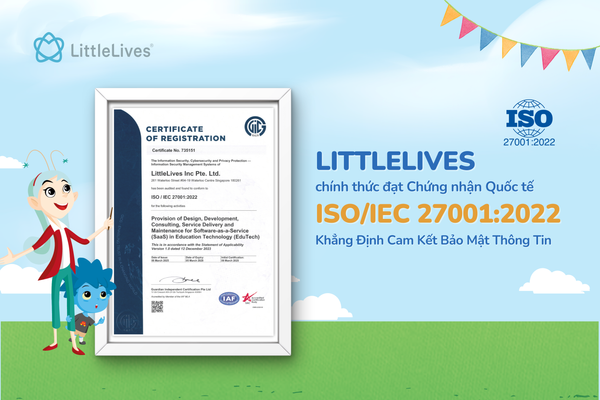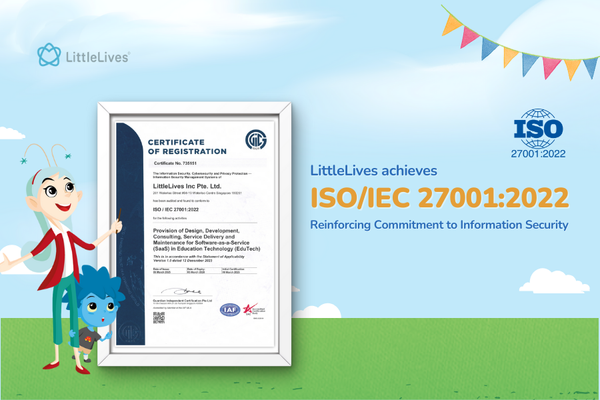3 Things to Achieve in a Parent-Teacher Conference
Parent-teacher conference is a chance for educators to connect with parents face-to-face and discuss each student in-depth.

The parent-teacher conference is a precious opportunity for your school. It is one of the few opportunities that your educators get to connect with parents face-to-face and get a solid block of time to discuss each student in depth. Parent-teacher conferences are often only conducted 1 to 3 times a year, so it is crucial for your school staff to have clear goals going in.
1. Share an overview of the student's progress in school

This is the part of the meeting where a structured portfolio can come in handy. Not every parent has the time or capacity to read up on the schooling system. So, a portfolio that shows a breakdown of age-appropriate learning objectives (perhaps in a table) and whether their child is meeting those objectives will be useful. Helping parents understand these learning objectives can also empower them to continue to work on them with their children outside school. Additionally, this form of breakdown will also serve as a visual aid to provide structure to the discussion.
Other visual aids like pictures and videos, with observations of students' unique skills, can also be greatly useful here. Particularly with very young students, like preschool children, parents would be delighted to be able to view their little ones in action. Remember, the more detail you include in these observations, the better! Not only do these details paint a comprehensive picture of the student's year, they also show to parents all the targetted work that the educators have been doing.
Some school management software, like LittleLives, build these features into the daily management. So, observations that teachers make in daily classes and pictures/videos that they take throughout the year get automatically compiled into a neat portfolio whenever it is needed. Targetted software like this can save your teachers valuable time and work!
2. Gather information about the child's life outside school

Students may spend a large part of their daily lives in school, but the time spent at home plays a big part in their development as well. Take this opportunity to gather more information on that part of their lives.
How does the child behave at home? What does the child share about their experience in school (e.g. what they learned, their friends, their teachers, their likes and dislikes about school)?
Additionally, this conversation can shed light on any big changes that may affect the child's ability to learn. Ask the parents about any big changes that have recently occurred or are upcoming. Big changes can include moving homes, the birth of a new sibling, divorce, death of a family member or a pet, and others. This information can help you keep a lookout for shifts in the child's behaviour and help them transition through the change.
3. Emphasise the parent's role in their child's education
Parents play a crucial part in their children's education, whether they realise it or not. Emphasising that they can influence how their children learn can help them become more conscious in their interactions – whether they are furthering the education gained in school, or influencing their children's attitude towards school.
Engaging parents as partners in education can also help you set up a trusting, open, and communicative relationship with them.

Parent-teacher conferences are an opportunity for your school to strengthen parent relationships. The quickest way to a parents heart? Show them that their children are in capable, caring hands, starting with a focused parent-teacher conference.
...

If you're a content producer in the education industry, and you like our content, please reach out to us at storytellers@littlelives.com. We're looking for content partners and we're excited to get more eyes on educational articles!





